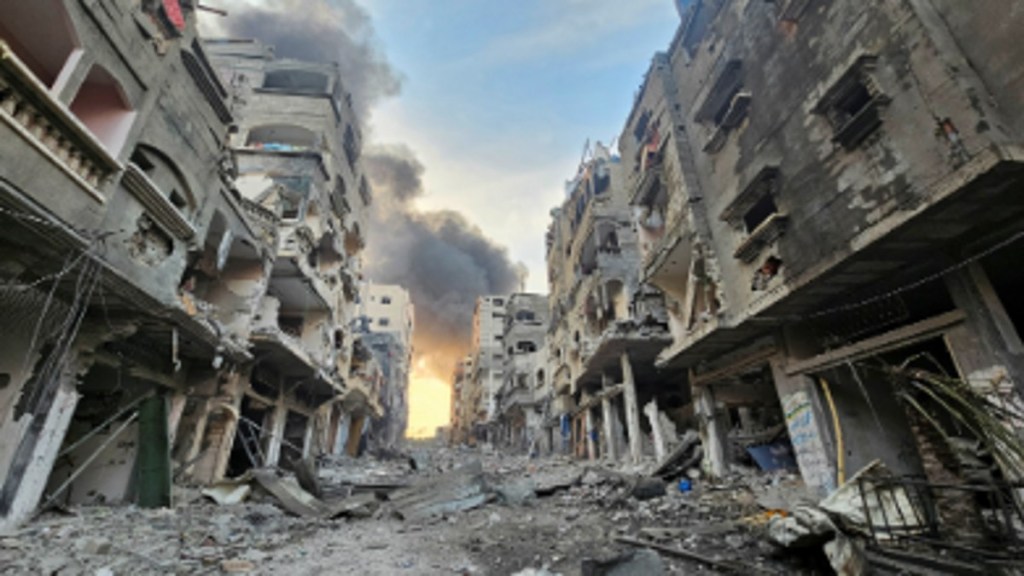Hand-held radios used by Hezbollah exploded across southern Lebanon and Beirut suburbs on Wednesday, intensifying tensions with Israel a day after similar blasts were triggered via the group’s pagers. Lebanon’s health ministry initially reported one person dead and more than 100 injured, though state media had earlier mentioned three fatalities.
The explosions occurred near a funeral for Hezbollah members killed the previous day, when thousands of pagers used by the group detonated, wounding many of its fighters. Witnesses in Beirut’s southern suburbs saw Hezbollah members frantically removing batteries from their remaining radios, discarding them into metal barrels to prevent further detonations.
Lebanon’s Red Cross, responding to the multiple blasts, deployed 30 ambulance teams across the affected areas. On the same day, Hezbollah retaliated against Israeli artillery positions with rocket strikes, marking the first direct response since the pager explosions wounded thousands of its members. The attacks have escalated fears of a broader Middle East conflict.
Images of the exploded radios revealed branding from ICOM, a Japanese radio communications company. Production of the radios involved in the blasts, specifically the IC-V82 model, had been discontinued in 2014. There was no immediate comment from ICOM regarding the incident.
Device Origins and Alleged Mossad Involvement
According to security sources, Hezbollah had purchased the hand-held radios around five months ago, along with the pagers that exploded earlier. Lebanese security sources have accused Israel’s Mossad of planting explosives in the pagers as part of a sophisticated operation, which ultimately led to the deadly explosions on Tuesday. The death toll from those blasts has risen to 12, including two children, with nearly 3,000 people wounded.
Hezbollah’s Response and Regional Impact
In the aftermath, Hezbollah vowed further retaliation against Israel, describing the incidents as a major security breach. The explosions and subsequent escalation with Israel have sparked concerns of a wider Middle East conflict. Jordan’s Foreign Minister Ayman Safadi warned that Israel’s actions could push the region towards all-out war.
Despite the growing violence, Hezbollah has stated that it wishes to avoid a full-scale war with Israel, but the pressure for a stronger response continues to mount, particularly after the destruction caused by the pager and radio blasts. The group remains committed to supporting Hamas in Gaza, maintaining that Israel will face further retaliation for what it described as the pager “massacre.”
This marks one of Hezbollah’s most significant security breaches, which appears to have been in the making for several months.
(With Reuters inputs)


